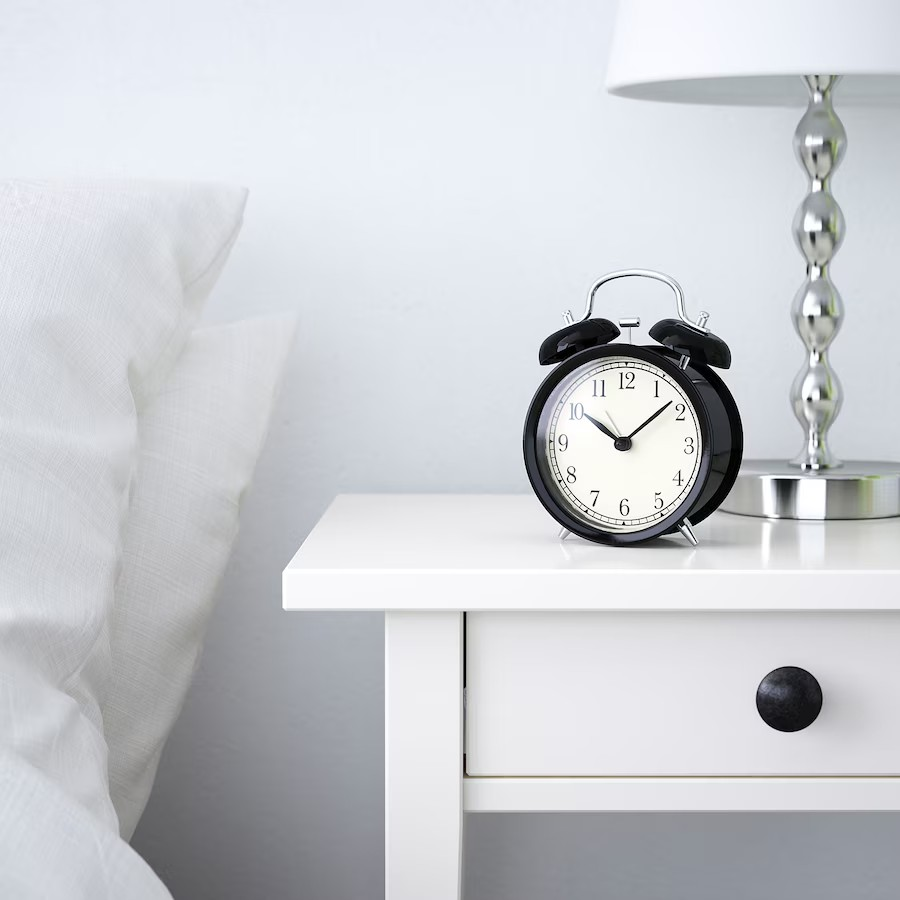
Clocks are an essential part of our daily lives, helping us keep track of time and stay organized. With a variety of options available, choosing between an analog and a digital clock can be challenging. Here’s a detailed comparison to help you decide which one suits your needs best.
1. Understanding Analog Clocks
Analog clocks have a classic design with hour, minute, and second hands moving around a dial. They add an elegant touch to any home or office setting and often feature Roman or Arabic numerals.
Pros:
✔ Timeless and stylish aesthetic
✔ Works without electricity or batteries (for wind-up models)
✔ Enhances traditional and vintage décor
Cons:
✘ Can be difficult to read for some people
✘ Requires occasional adjustments for accuracy
2. Understanding Digital Clocks
Digital clocks display the time in numeric format, often with LED or LCD screens. They are known for their accuracy and ease of reading, making them a popular choice for modern homes and offices.
Pros:
✔ Easy to read, even from a distance
✔ Often includes additional features like alarms, temperature display, and backlighting
✔ Highly accurate with automatic time updates
Cons:
✘ Requires power or batteries to function
✘ May lack the classic appeal of analog clocks

3. Choosing the Right Clock for Your Needs
- If you prefer a stylish and traditional look, an analog clock is a great choice for your home décor.
- If you need a clock that is easy to read and packed with extra features, a digital clock is the way to go.
- For offices, digital clocks offer practicality, while analog clocks bring a touch of elegance.
Final Thoughts
Both analog and digital clocks have their own advantages. Your choice depends on your personal style, needs, and where you plan to use the clock. Explore our collection at Chinmay’s Store to find the perfect clock for your space!


